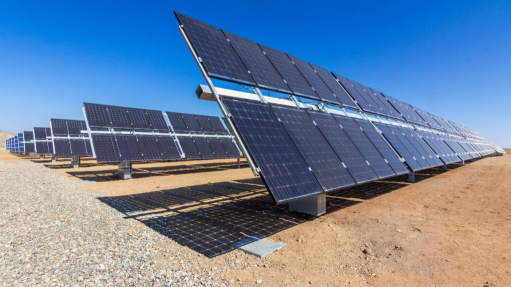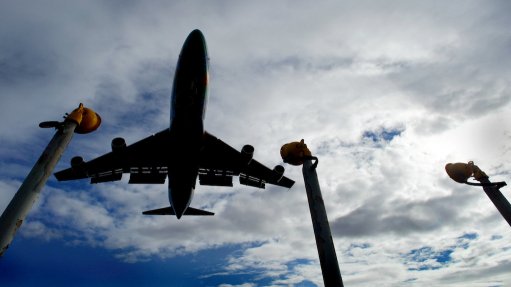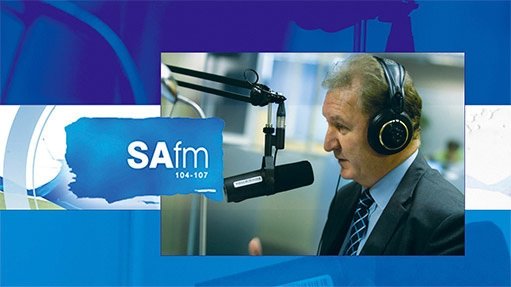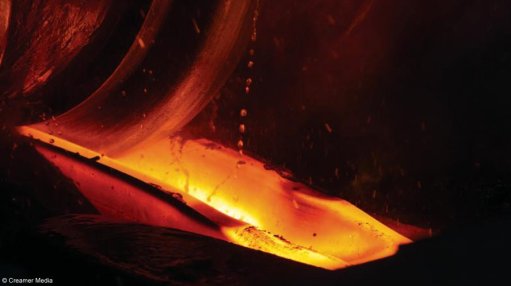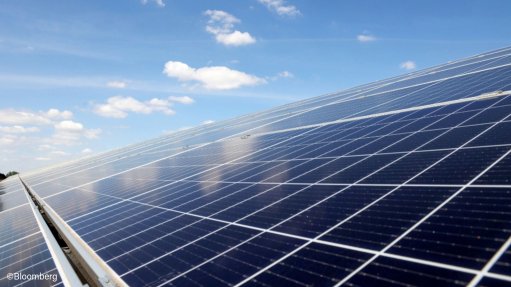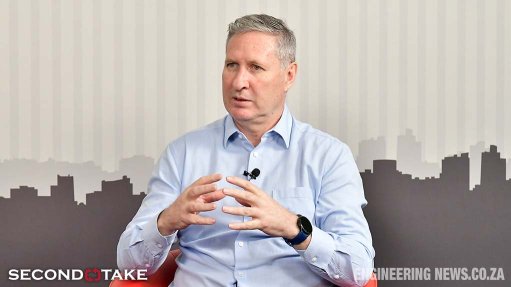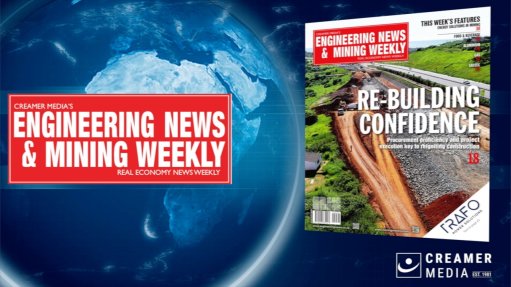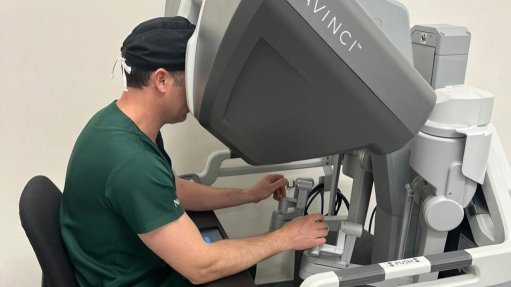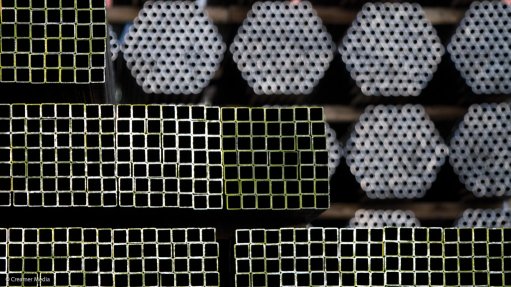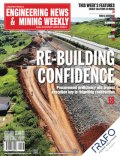Custom-made hoses to be used by railway groups

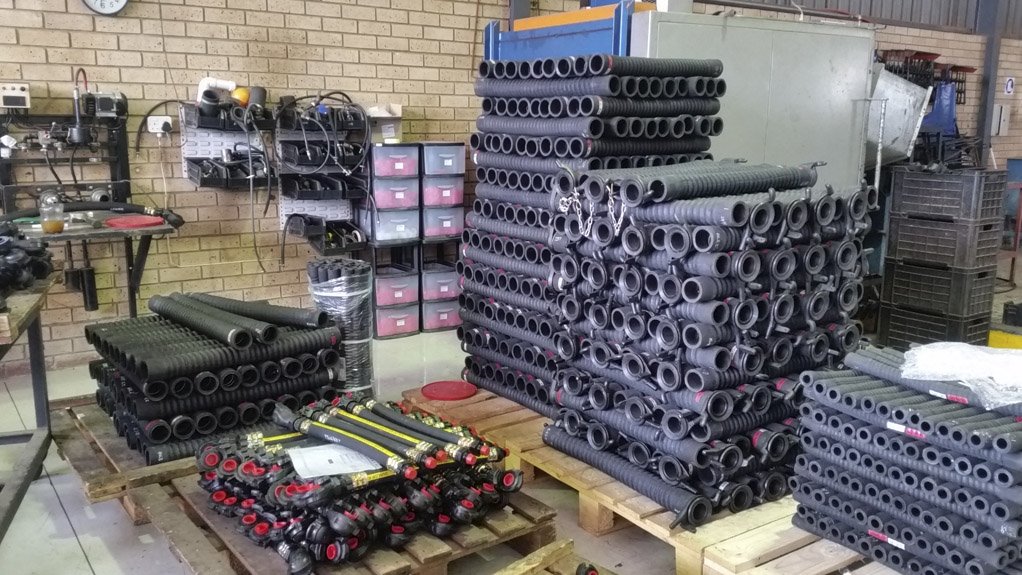
CUSTOM MADE Dunlop Industrial Products supply custom-made solutions for railway groups and companies globally
Benoni-based automotive tyre and industrial rubber products producer Dunlop Industrial Products has a high penetration in the African continent, where it supplies custom-made solutions such as the design and supply of vacuum and air brake hoses for State-owned utility Transnet, Passenger Rail Agency of South Africa and various other African railway groups and companies globally.
“Dunlop Industrial Products is well known for the design and manufacture of industrial rubber hoses for the industrial sector. We are proud of our expansion in recent years, and the global footprint now includes many sub-Saharan Africa countries, including Madagascar, Namibia, South America, China, Europe and Australia,” says Dunlop Industrial Hose GM Brian Theron.
He notes that the vast majority of the world's trains are equipped with braking systems that use compressed air as the force to push blocks onto wheels or pads onto discs.These systems are known as air and pneumatic brakes respectively.
“The compressed air is transmitted along the train through a brake pipe. Changing the level of air pressure in the pipe causes a change in the state of the brakes on each vehicle. This pressure can apply the brakes, release them or hold them ‘on’ after partial application.This system is in widespread use throughout the world,” Theron points out.
An alternative to the air brake, known as the vacuum brake, was introduced around the early 1870s. Similar to the air brake, the vacuum brake system is controlled through a brake pipe connecting a brake valve in the driver’s cab with braking equipment.
“The operation of the brake equipment on each vehicle depends on the condition of a vacuum created in the pipe by an ejector or exhauster. The ejector, using steam on a steam locomotive, or an exhauster, using electric power on other types of trains, removes atmospheric pressure from the brake pipe to create the vacuum. With a full vacuum, the brake is released. With no vacuum, that is, normal atmospheric pressure, in the brake pipe, the brake is fully applied.”
He adds that the company is “relentless” regarding its quality processes and ensures that the hose conforms to the required vacuum pressure in order to ensure that the braking system is effective.
The vacuum hose assembly runs along the length of the train and, in turn, transmits the variations in pressure required to control the brakes. It is connected between vehicles by flexible hoses, which can be uncoupled to allow vehicles to be separated. The use of the vacuum system makes the brake fail-safe, ensuring the loss of vacuum in the brake pipe will cause the brake to apply, release it, or hold it ‘on’ after partial application.
“We operate in railways in Africa and China through accredited hose assembly suppliers. Dunlop hoses were shipped to China for installation on all of the first 20 Chinese diesel locomotives being built for Transnet – the Class 45 Diesel,” Theron explains.
Dunlop Industrial Products has three production facilities in South Africa – one in Howick, the other in Benoni and a third in Springs.
The company’s Benoni and Howick plants are ISO 9001- accredited.
Theron notes that one of the company’s core values and focus areas is “a quality mindset”. The company follows a product certification process to guarantee that every product supplied has passed the performance and quality assurance standard stipulated.
“This confirms that the products comply with a national and international standard of regulation governing quality and minimum performance requirements. We manufacture to the standards of a number of accreditations and certifications. Conveyor belting and industrial hose are manufactured to the South African Bureau of Standards and Technical Inspection Association standards.”
Theron explains that Dunlop has adopted a customercentric approach to business. The company has also been resolute in developing a deep understanding of its customers, the industry that it operates in and the needs of its operations in order to provide a better product that is relevant, economical and sustainable.
“Our technical expertise in product development, [and regarding] business acumen and knowledge of the industries we operate in, will enable us to achieve the objectives of sustainable growth and market leadership.”
Dunlop Industrial Products supply solutions to most industrial sectors, including the mining, agriculture, cementation, energy, quarries, oil and gas, and food and beverage.
Comments
Press Office
Announcements
What's On
Subscribe to improve your user experience...
Option 1 (equivalent of R125 a month):
Receive a weekly copy of Creamer Media's Engineering News & Mining Weekly magazine
(print copy for those in South Africa and e-magazine for those outside of South Africa)
Receive daily email newsletters
Access to full search results
Access archive of magazine back copies
Access to Projects in Progress
Access to ONE Research Report of your choice in PDF format
Option 2 (equivalent of R375 a month):
All benefits from Option 1
PLUS
Access to Creamer Media's Research Channel Africa for ALL Research Reports, in PDF format, on various industrial and mining sectors
including Electricity; Water; Energy Transition; Hydrogen; Roads, Rail and Ports; Coal; Gold; Platinum; Battery Metals; etc.
Already a subscriber?
Forgotten your password?
Receive weekly copy of Creamer Media's Engineering News & Mining Weekly magazine (print copy for those in South Africa and e-magazine for those outside of South Africa)
➕
Recieve daily email newsletters
➕
Access to full search results
➕
Access archive of magazine back copies
➕
Access to Projects in Progress
➕
Access to ONE Research Report of your choice in PDF format
RESEARCH CHANNEL AFRICA
R4500 (equivalent of R375 a month)
SUBSCRIBEAll benefits from Option 1
➕
Access to Creamer Media's Research Channel Africa for ALL Research Reports on various industrial and mining sectors, in PDF format, including on:
Electricity
➕
Water
➕
Energy Transition
➕
Hydrogen
➕
Roads, Rail and Ports
➕
Coal
➕
Gold
➕
Platinum
➕
Battery Metals
➕
etc.
Receive all benefits from Option 1 or Option 2 delivered to numerous people at your company
➕
Multiple User names and Passwords for simultaneous log-ins
➕
Intranet integration access to all in your organisation







